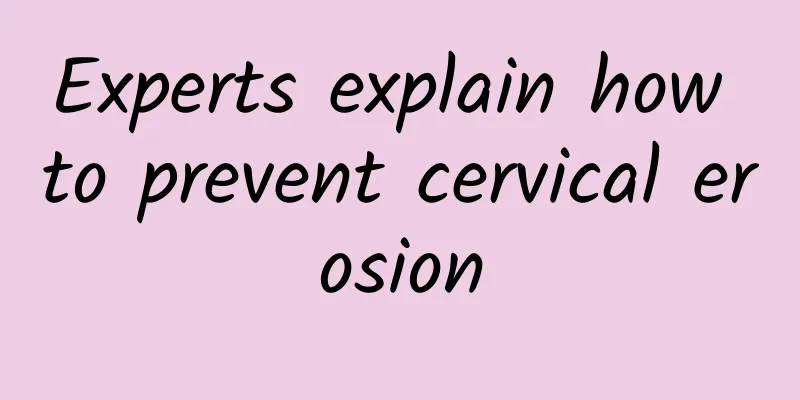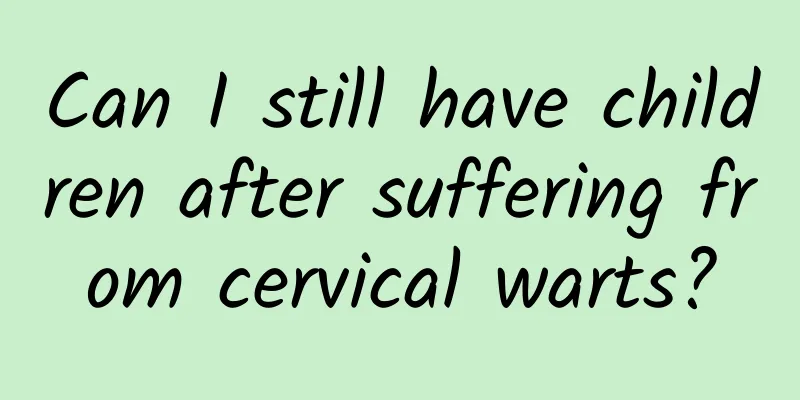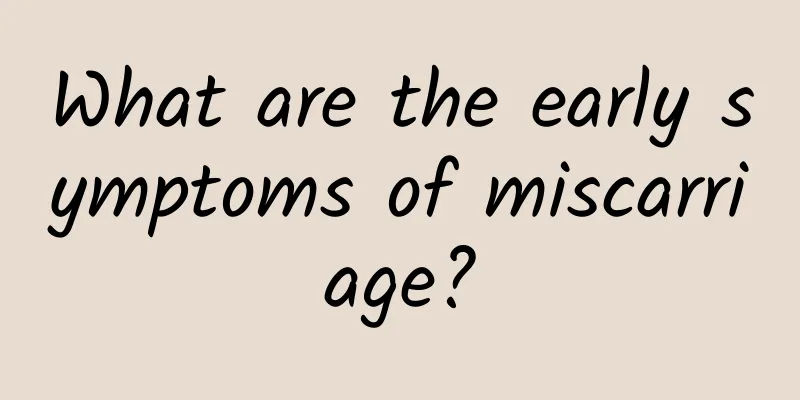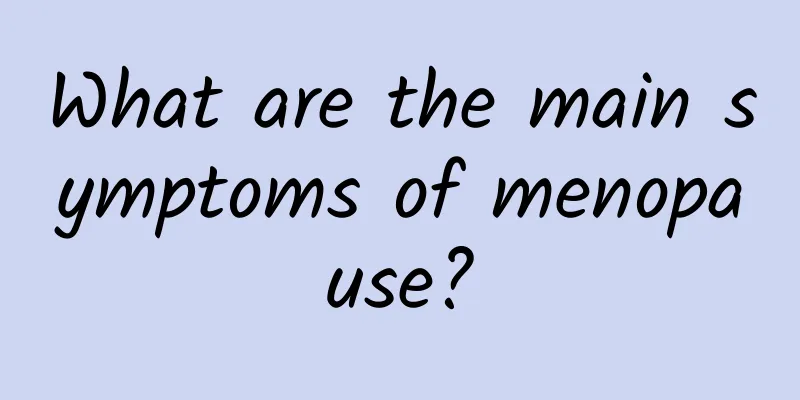Do ovarian cysts need treatment?
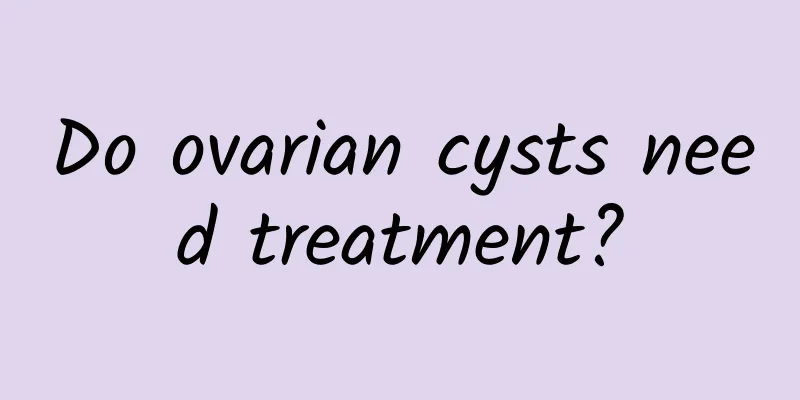
|
Ovarian cysts are divided into physiological ovarian cysts and pathological ovarian cysts. For asymptomatic physiological ovarian cysts, and the cysts are relatively small, they do not need treatment and can be observed regularly. However, whether pathological ovarian cysts need treatment depends on the patient's age, clinical symptoms, and ovarian cyst size. The specific situation is analyzed as follows: 1. Physiological ovarian cyst: Physiological ovarian cyst is also a form of ovarian cyst, generally it is a corpus luteum cyst. After ovulation, the follicle forms a corpus luteum. If the corpus luteum does not shrink, the pressure in the corpus luteum may increase, and there may be a small amount of bleeding, which manifests as a physiological ovarian cyst. Physiological ovarian cysts are generally less than 5cm in diameter and usually do not cause discomfort. After the next menstrual period, physiological ovarian cysts will shrink or even disappear. Therefore, physiological ovarian cysts do not require special treatment, and regular visits to the hospital for B-ultrasound observation are sufficient. 2. Pathological ovarian cysts: For patients with pathological ovarian cysts, if the cyst is relatively small and the patient has no obvious symptoms, they can be observed first; during the observation period, if the cyst grows rapidly or the patient has obvious discomfort symptoms, treatment is recommended, usually surgical treatment, but the specific surgical method is related to the patient's age, cyst size, nature, etc.; for patients with malignant ovarian cysts, in addition to surgical treatment, it is also necessary to determine whether chemotherapy and radiotherapy are needed based on the condition. Women with ovarian cysts should not blindly treat themselves. It is recommended that they follow the doctor's advice for appropriate observation or targeted treatment to avoid delaying the disease. |
<<: I am bleeding again 6 days after abortion. What's going on?
>>: How big is an ovarian cyst that requires surgery?
Recommend
How much does it cost to treat uterine effusion?
How much does it cost to treat uterine effusion? ...
Experience with medication for the treatment of amenorrhea
When treating gynecological diseases, one must be...
Garlic is great! Research: Garlic can cure food poisoning
Garlic, one of the indispensable spices in Orient...
Four detailed causes of ovarian cysts
Ovarian cysts are the most common gynecological d...
How to maintain after uterine myomectomy
What is the postoperative maintenance after hyste...
What is cervical cyst?
What happens to cervical nabothian cyst? Clinical...
Postoperative care for ectopic pregnancy
Regarding ectopic pregnancy, I believe many women...
Is the cause of endometriosis clear?
The cause of endometriosis is not yet fully under...
What are the early symptoms of vulvar leukoplakia?
What are the obvious early symptoms of vulvar leu...
What medicine should I take for cervical erosion?
What medicine should I take for cervical erosion?...
【Video version】Fish oil not only lowers blood lipids but also fights depression! It also helps lower blood sugar
Fish oil is one of the most popular health foods ...
When is the best time to have an abortion? What is the best time to have an abortion with medicine?
With the development of today's society, peop...
Why does menstrual disorder occur after abortion?
After artificial abortion, the ovaries can genera...
What to do about menstrual pain
What to do when you have menstrual pain? How to q...
What should you pay attention to after a miscarriage? See what the doctor says
Precautions after miscarriage include: observing ...
